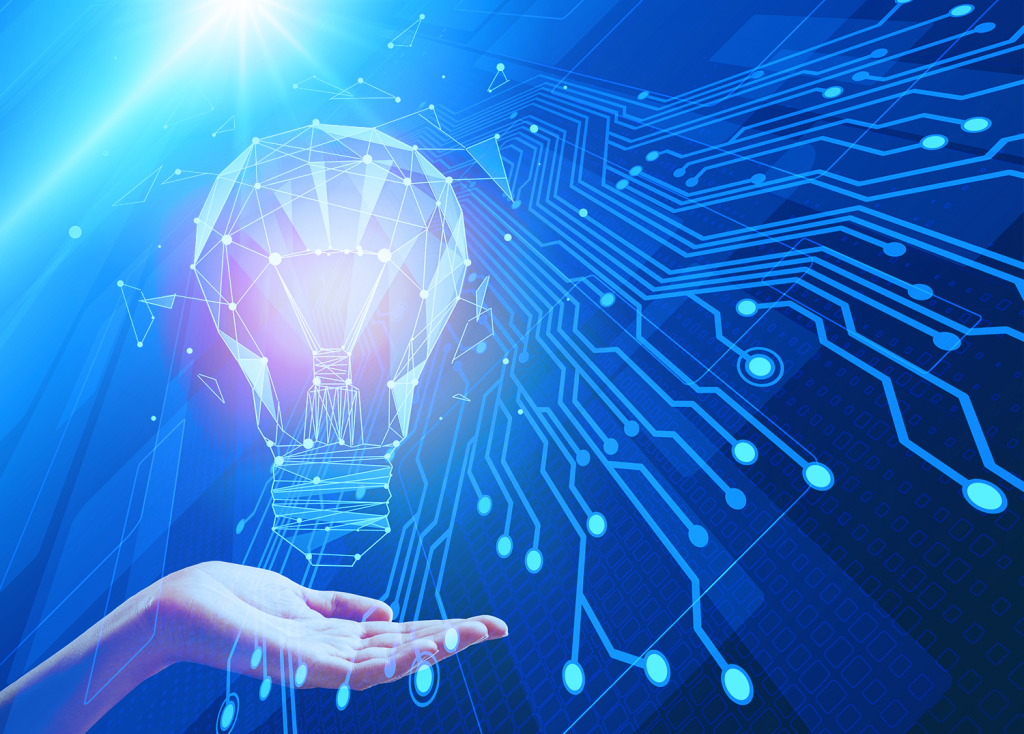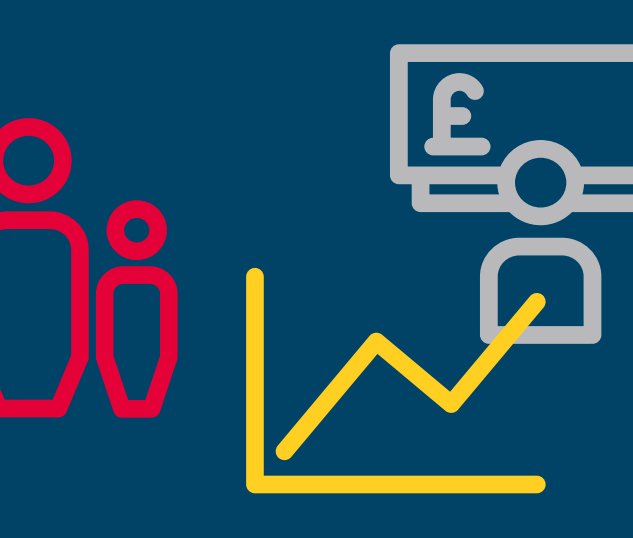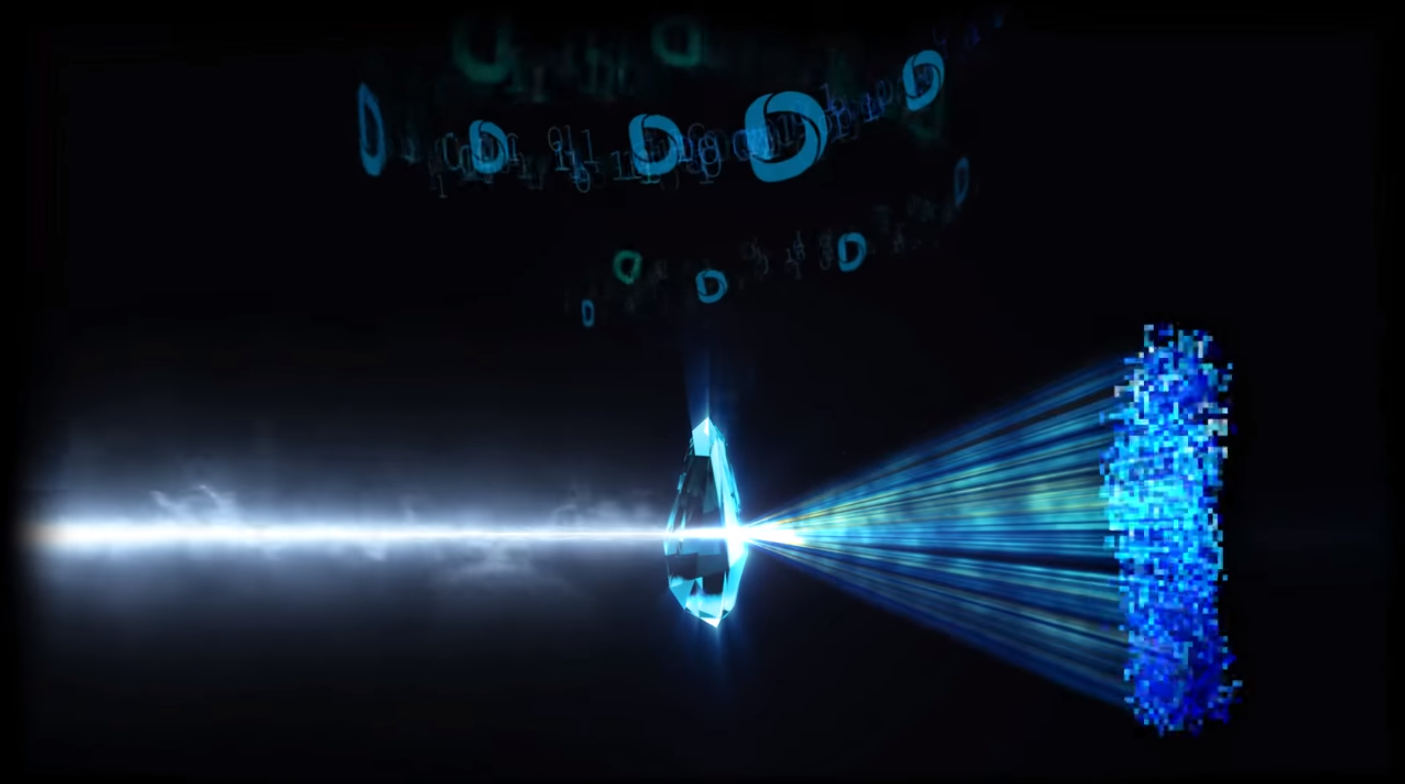Web 3.0 represents the next evolutionary phase of the internet, promising to revolutionise how we interact with technology and data. Web3 include decentralised finance (DeFi), blockchain, NFTs, machine learning, artificial intelligence, and the Metaverse.

The global Web3 market size is expected to reach $5.5 billion, and its current market cap is $27.5 billion by 2030. Web3 has become the most searched on the internet. In the first quarter of 2023, 108 Web3 startups raised a total of $814 million in investments. The gaming sector makes up 45% of all Web3 blockchain activities, and the Web3 gaming industry is projected to reach $65.7 billion by 2027. Furthermore, 81% of people believe Web3 will enhance their well-being.
Web3 is the third generation of the internet, designed to give users control over their data, ensuring it stays secure and accessible. Key technologies in Web3 include decentralised finance (DeFi), blockchain, NFTs, machine learning, artificial intelligence, and the Metaverse. These advancements make Web3 the best version of the decentralised internet so far.
Web 3.0, referred to as the decentralised web, builds upon the foundations laid by Web 2.0. Unlike its predecessor, which focused on user-generated content and social media interactions, Web 3.0 introduces decentralisation as a core principle. This decentralisation shifts control from centralised servers to distributed networks, with users’s greater autonomy over their data and transactions.
Web 3.0 revolutionising the tech landscape
Web 3.0 offers immense opportunities for tech innovation. With decentralised finance (DeFi), developers can create financial applications without relying on traditional banks. Non-fungible tokens (NFTs) enable new forms of digital ownership and monetisation for artists and creators. Additionally, the integration of artificial intelligence and machine learning in decentralised networks paves the way for smarter, more efficient applications.

Key technological advancements driving Web 3.0 include blockchain, smart contracts, decentralised applications (DApps), and token economies. Blockchain provides a secure and transparent ledger for recording transactions. Smart contracts automate agreements and ensure they are executed exactly as written. DApps run on decentralised networks, offering greater security and user control. Token economies enable new funding models and incentivise user participation.
Enhance security and privacy with Web 3.0
Blockchain technology underpins the security framework of Web 3.0. Data entered into the blockchain is permanent and cannot be altered, ensuring its accuracy and trustworthiness. The decentralised nature of blockchain makes it difficult for hackers to access or tamper with data, significantly enhancing cybersecurity.
For tech products and services, the enhanced security and privacy of Web 3.0 mean that user data is better protected. Decentralised identity management allows users to control who can access their information, reducing the risk of identity theft. This is particularly important for applications handling sensitive data, such as financial services and healthcare.
Smart contracts are self-executing contracts with the terms directly written into code. They play a crucial role in tech development by automating processes and reducing the need for intermediaries. This leads to faster, more efficient transactions and reduces the risk of human error.
Examples of DApps Transforming Various Sectors:
DApps are transforming various sectors by offering decentralised solutions. In finance, DApps enable peer-to-peer lending and borrowing, decentralised exchanges, and yield farming. In the art world, NFT marketplaces allow artists to sell their work directly to buyers. In gaming, blockchain-based games offer players true ownership of in-game assets. These examples illustrate the broad potential of DApps to revolutionise industries.
Funding and Investment in Web 3.0
Web 3.0 introduces new funding models like Initial Coin Offerings (ICOs) and Decentralised Autonomous Organisations (DAOs). ICOs allow startups to raise capital by issuing tokens that can be traded on the blockchain. DAOs are organisations governed by smart contracts, where decisions are made by token holders. These models provide innovative ways for tech startups to secure funding and engage with their communities.
For tech startups, Web 3.0 offers access to a global pool of investors and the ability to raise funds without traditional intermediaries. Investors, on the other hand, can explore new opportunities in a rapidly growing market. The global Web3 market size is expected to reach $5.5 billion by 2030, making it an attractive space for investment.

Pallavi Singal is the Vice President of Content at ztudium, where she leads innovative content strategies and oversees the development of high-impact editorial initiatives. With a strong background in digital media and a passion for storytelling, Pallavi plays a pivotal role in scaling the content operations for ztudium’s platforms, including Businessabc, Citiesabc, and IntelligentHQ, Wisdomia.ai, MStores, and many others. Her expertise spans content creation, SEO, and digital marketing, driving engagement and growth across multiple channels. Pallavi’s work is characterised by a keen insight into emerging trends in business, technologies like AI, blockchain, metaverse and others, and society, making her a trusted voice in the industry.




























